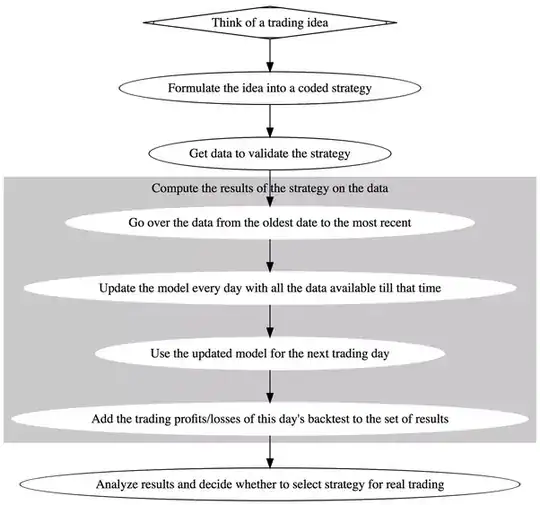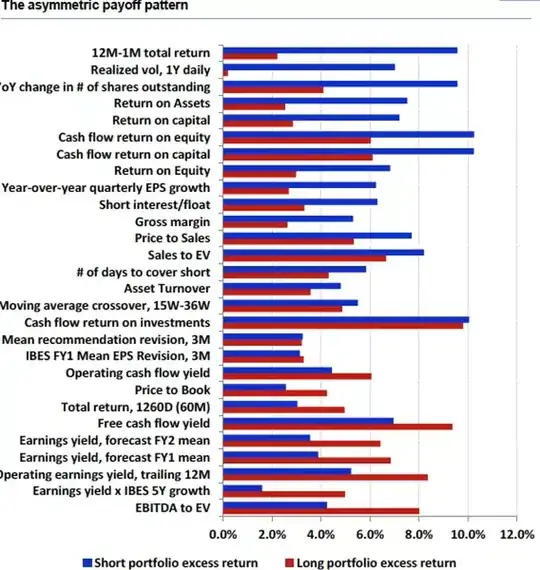How often do investors really lose money? All the time. And it's almost always reason number 1.
Let's start with the beginner investor, the person most likely to make some real losses and feel they've "learned" that investing is no better than Vegas. This person typically gets into it because they've been given a hot stock tip, or because they've received a windfall, decided to give this investing lark a try, and bought stock in half a dozen companies whose names they know from their everyday lives ("I own a bit of Google! How cool is that?"). These are people who don't understand the cyclic nature of the market (bear gives way to bull gives way to bear, and on and on), and so when they suddenly see that what was $1000 is now $900 they panic and sell everything. Especially as all the pundits are declaring the end of the world (they always do). Until the moment they sold, they only had paper losses. But they crystallised those losses, made them real, and ended at a loss.
Then there's the trend-follower. These are people who don't necessarily hit a bear market, or even a downturn, in their early days, but never really try to learn how the market works in any real sense. They jump into every hot stock, then panic and sell out of anything that starts to go the wrong way. Both of these reactive behaviours seem reasonable in the moment ("It's gone up 15% in the past week? Buy buy buy!" and "I've lost 10% this month on that thing? Get rid of it before I lose any more!"), but they work out over time to lots of buying high and selling low, the very opposite of what you want to do.
Then there's the day-trader. These are people who sit in their home office, buying and selling all day to try and make lots of little gains that add up to a lot. The reason these people don't do well in the long run is slightly different to the other examples. First, fees. Yes, most platforms offer a discount for "frequent traders", but it still ain't free. Second, they're peewees playing in the big leagues. Of course there are exceptions who make out like bandits, but day traders are playing a different game than the people I'd call investors. That game, unlike buy-and-hold investing, is much more like gambling, and day-traders are the enthusiastic amateurs sitting down at a table with professional poker players – institutional investors and the computers and research departments that work for them.
Even buy-and-hold investors, even the more sophisticated ones, can easily realise losses on a given stock. You say you should just hold on to a stock until it goes back up, but if it goes low enough, it could take a decade or more to even just break even again. More savvy stock-pickers will have a system worked out, something like "ok, if it gets down to 90% of what I bought it for, I cut my losses and sell." This is actually a sensible precaution, because defining hard rules like that helps you eliminate emotion from your investing, which is incredibly important if you want to avoid becoming the trend-follower above. It's still a loss, but it's a calculated one, and hopefully over time the exception rather than the rule.
There are probably as many other ways to lose money as there are people investing, but I think I've given you a taste. The key to avoiding such things is understanding the psychology of investing, and defining the rules that you'll follow no matter what (as in that last example). Or just go learn about index investing. That's what I did.

